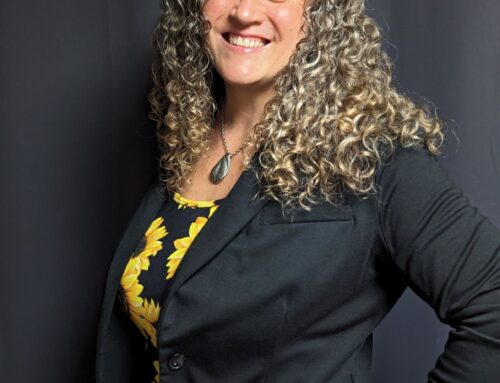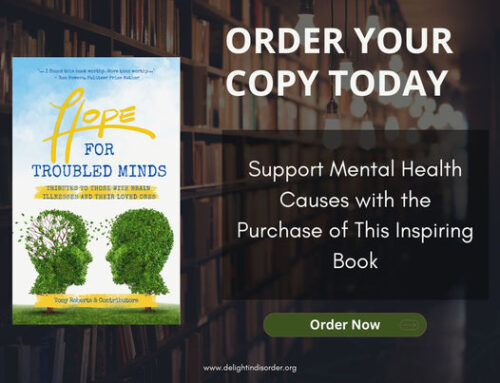I start this post with one basic assumption. Not all persons with mental illness are creative. Some sit around all day playing video solitaire, watching episodes of Judge Judy, counting the cars that pass by. Some persons with mental illness have neither the desire or the capacity (or both) to do anything that resembles creative expression. (Though you never know the depths of creativity lodged in their brains.)
At the same time, I find my mental illness plays out in a creative way, primarily in my way with words. I’m not Hemingway. It’s not quality, but quantity for me. Most of my waking and sleeping hours are spent plotting how I can use my words to the best effect. When I am under unusual amounts of stress, you will likely find me tucked away in a corner, Pilot G-2 gel pen gliding across a composition journal, describing the world as it is and as I would like to see it.
While living in Rochester, I sometimes went to the Creative Wellness Center, a space for persons with mental illness to paint, draw, write, play guitar, color, do any number of expressive things. The staff, volunteers, and guests were all persons with a diagnosis. It was as safe, caring, affirming a place as many folks ever see. For many, it was a spiritual home like none other they ever had or will have.
Based on my own story as well as my lived experience, mental illness affords us with a unique perspective conducive to artistic expression. More significantly, however, I have felt and seen the therapeutic benefits of it. I want my writing to be good. I want people to read it and be inspired, touched, moved. But even if they aren’t, it has worth. I sit here at 2 in the morning carving out each word to shape sentences, rounding out paragraphs and winding up with the image of a complete post. In my earbuds flow the rock-solid sounds of Guy Clark’s “Stuff that Works.” I am who I am; the me I’ve been; the one I will become; sitting in a leather high-back chair, stabbing at these glorious keys. Delighting in the Lord who delights in me. That’s what creativity does for my mental illness. It’s crazy good, and I love it.
Dr. Kay Redfield Jamison, professor of psychiatry at Johns Hopkins University who has written extensively about and lives with bipolar disorder writes this:
“Who would not want an illness that has among its symptoms elevated and expansive mood, inflated self-esteem, abundance of energy, less need for sleep, intensified sexuality, and – most germane to our argument here – “sharpened and unusually creative thinking” and “increased productivity”?” ― Kay Redfield Jamison, Touched with Fire: Manic-Depressive Illness and the Artistic Temperament
Adrienne Sussman, in “Mental Illness and Creativity: A Neurological View of the ‘Tortured Artist'” traces the historical connection between these two traits. In the 4th c. BC, Plato saw inspiration to be intricately linked with a touched mind:
Madness, provided it comes as a gift of heaven, is the channel by which we receive the greatest blessings… Madness comes from God, whereas sober sense is merely human.
Lord Byron and other Romantic artists created a cult of “tortured artists,” essentially sticking out their chests and claiming:
We of the craft are all crazy. Some are affected by gaiety, others by melancholy, but all are more or less touched.
Persons with artistic genius were institutionalized, such as: poet T.S. Eliot, composer Irving Berlin, and painter Georgia O’Keefe. Some even died by suicide due to mental illness such as,: Vincent Van Gogh and Virginia Wolff.
In a 2004 meta-study, 12 out 13 published articles found a connection between mental illness and creative temperament.
Evolutionary psychologist Daniel Nettle, however, is less than convinced. He concedes that there may be a correlation, by not a causal connection. He writes:
Great creativity can exist without mental illness, and vice versa; the fact that both are likely to occur together means that they are indirectly linked, either by similar neurological mechanisms or genetically.
So, the jury is still out. And no matter what verdict they bring back, I will persistently plot all the ways I can pour myself onto the page to please myself and ease my mind. Hopefully along the way someone — maybe you — will receive these words and find comfort too.









Leave A Comment